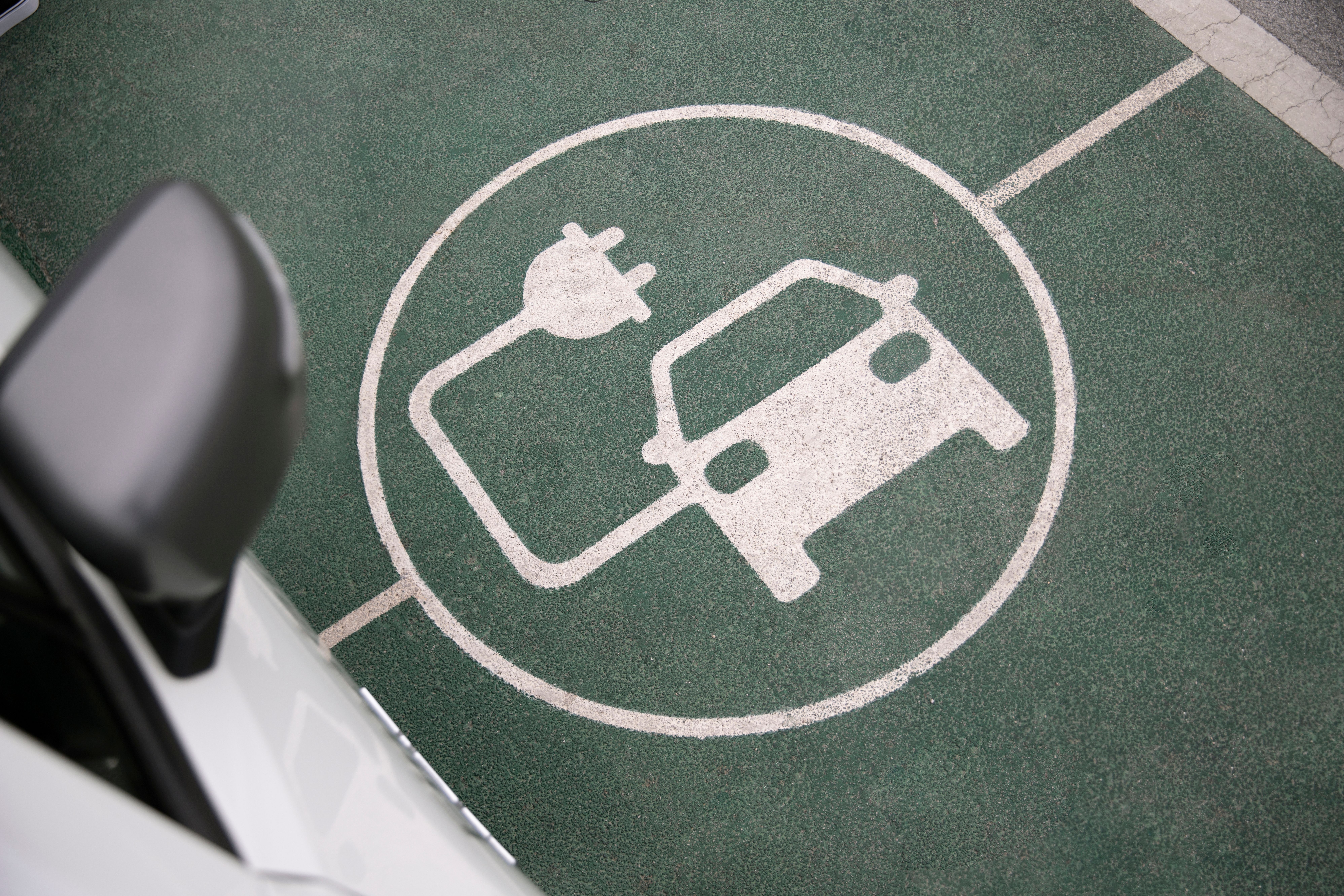The Delhi government is set to roll out a new and stricter EV Policy 2.0, with a bold target to accelerate electric vehicle adoption. Reports indicate that the policy will mandate the third private car in any household to be electric, while also phasing out new registrations of fossil fuel-powered two- and three-wheelers in the coming years.
Delhi Transport Minister Pankaj Kumar Singh has reportedly given in-principle approval, with the proposal now awaiting final cabinet clearance. If implemented, the policy aims to achieve 95% EV registrations by 2027 and 98% by 2030.
Key highlights of Delhi’s EV policy 2.0
Mandatory EVs for the third private car in a household
- Families purchasing a third car will need to ensure it’s an electric vehicle.
- This move is expected to boost EV adoption in the private car segment.
Ban on petrol & diesel two-wheelers from August 2026
- No new petrol, diesel, or CNG two-wheelers will be registered after August 2026.
- This aligns with the government’s goal to push scooters and motorcycles towards electrification.
Phasing out CNG and fossil-fuel three-wheelers
- From August 2025, no new CNG auto-rickshaws or goods carriers will be registered.
- Existing CNG autos older than 10 years must either be converted to electric or scrapped.
- Permits for new auto-rickshaws will be exclusively for e-autos.
Municipal garbage collection vehicles to go fully electric by 2027
- All MCD and Delhi Jal Board (DJB) garbage collection vehicles will transition to EVs.
- This will further reduce air pollution from civic vehicle fleets.
Expansion of EV charging infrastructure
- The Delhi government plans to install over 13,200 charging stations across the city.
- Charging stations will be available every 5 km to ensure easy access.
Delhi’s EV bus fleet expansion
- The government is expanding its electric bus fleet to 3,000 e-buses by 2025.
- All new government vehicle purchases will be electric.
Why Delhi is pushing for stricter EV regulations
Despite the Delhi EV Policy 2020 setting a target of 25% EV adoption by 2024, only 13-14% was achieved. The new EV Policy 2.0 aims to make Delhi a leader in EV adoption, tackling:
- Air pollution & public health concerns
- Energy security & grid resilience
- Job creation in the EV ecosystem
- Equitable and affordable EV transition
Final thoughts
Delhi’s EV Policy 2.0 is a major step towards sustainable urban mobility, but its success will depend on public acceptance, infrastructure readiness, and incentives. If implemented as planned, the city could become one of India’s top EV-friendly regions by the end of the decade.


